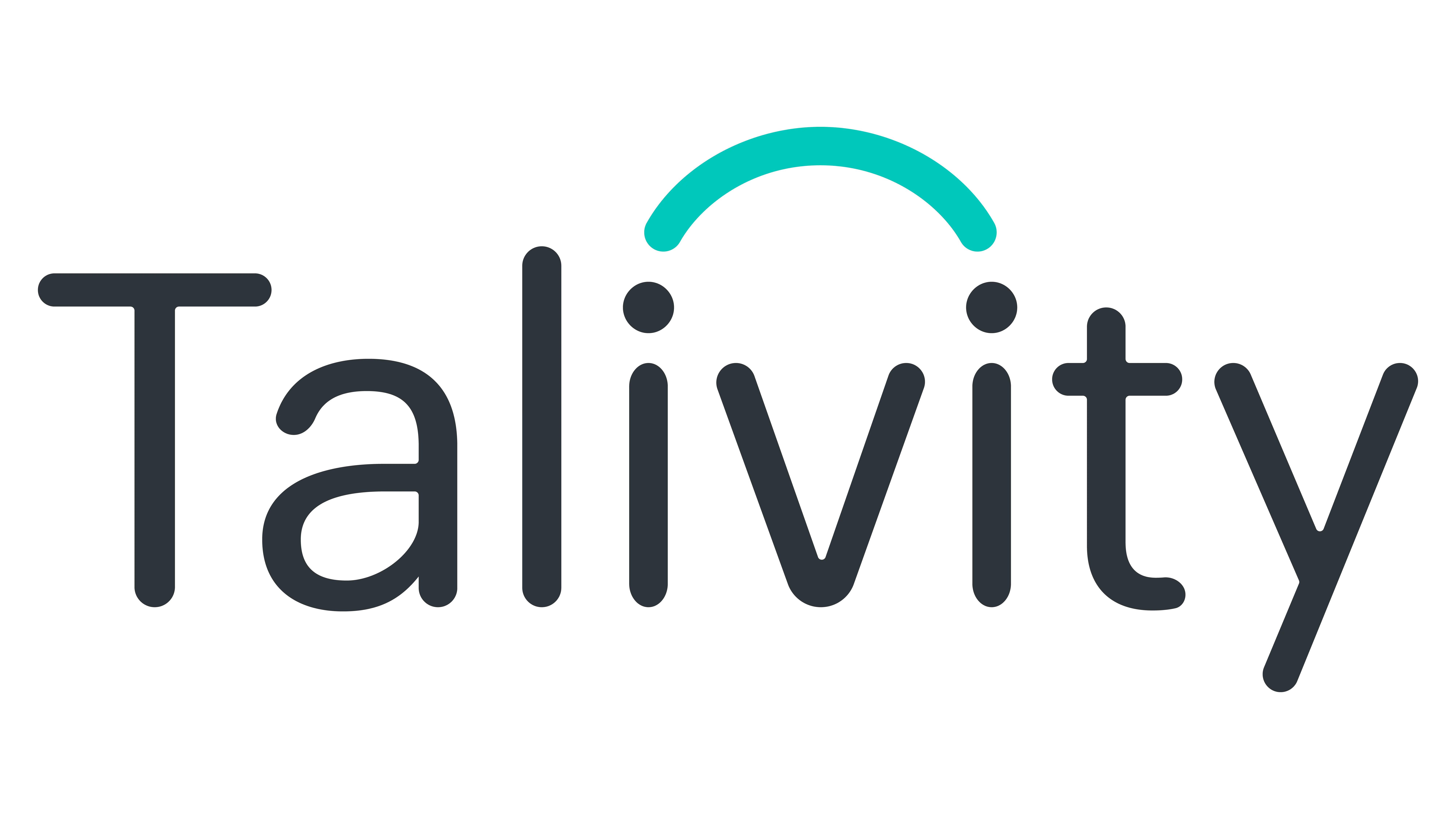Find the right solution for your business.
Explore SolutionsThe wage gap between Latinas and white men has narrowed by only pennies in the last 30 years, new research has revealed.
The recent study by the National Women’s Law Center (NWLC) also showed that Latinas are losing over $1.2 million over 40-year careers due to this pay gap. There is an even wider gap for Latinas with college degrees, which reinforces the idea that closing the gap relies mainly on employers.
“You can’t educate your way out of a pay gap,” Gaylynn Burroughs, NWLC director of workplace equality and senior counsel, told CNBC. “A degree does help to increase your earnings if you are Latina, but a degree increases the earnings of white, non-Hispanic men by much, much more.”
Latina Equal Pay Day, which fell this month on Thursday, Oct. 5, marks the date to which Latinas need to work in order to catch up to what their white male colleagues earned in 2022, meaning it takes Latinas almost 22 months to match their 12-month income.
In 2022, full-time working Latinas made about 57 cents compared to every dollar made by white, non-Hispanic men and only 52 cents for every dollar when part-time work is included.
Over a 40-year career, this gap adds up to a loss of $1.2 million, or $30,450 every year. According to the NWLC, these lost annual wages could pay for nine months of child care, six months of rent payments and 14 months of family groceries.
Latinas who were working full time In 1989 were paid 52 cents for every dollar earned by white men—meaning there has only been 5 cents of progress in 34 years.
Priscilla Guasso, founder of Latinas Rising Up in HR, told CNBC that the wage gap issues start as early as the job search. She witnessed a pattern of Latina’s rarely negotiating an initial job offer, which she attributed in part to “a strong emphasis on respect for authority figures” in Latino culture.
Latinos are also much more likely to be first-generation college students than other racial or ethnic groups, which means they have less access to mentorship from close relatives to help them transition from college into the workforce.
Offering mentorship to employees, in areas such as wage negotiations, could help progress towards equity, but severe underrepresentation in the C-Suite and a lack of sponsorship may present a larger hurdle.
“It’s important to have mentors but to ensure that Latinas get these stepping-stone jobs and break the pay gap, they need sponsors, too,” said Guasso.

